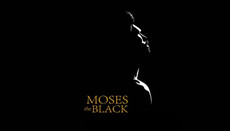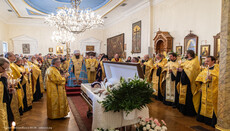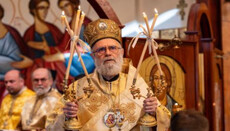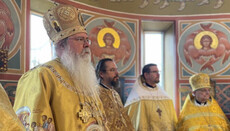God Created Our Universe, Claims Bulgarian Scientist - And Offers a Wager

Valentin Velchev offers a bottle of premium cognac to any scientist who can refute his scientific proof for the existence of God.
“I offer a bottle of high-quality French cognac to the scientist who can refute my Argument for the Existence of God,” said biologist and theologian Valentin Velchev in a statement to the Union of Orthodox Journalists Bulgarian branch.
His argument, which has been translated into Russian and English, combines a mathematical component based on set theory with an empirical part grounded in data from molecular biology, particle physics, and observations from the James Webb Space Telescope. According to Velchev, these scientific facts show that the accidental emergence of our universe is virtually impossible. Anyone wishing to send a refutation or comment can do so by emailing: [email protected].
Since the Enlightenment, efforts have been made in the Western world to separate science from Christianity. This has largely been accomplished by introducing the so-called methodological materialism into science—the idea that only natural causes should be sought for natural phenomena. At first glance, this seems like a reasonable approach, as it allows scientists to verify each other’s results. But in reality, this method contains a concealed ideology that leaves no room for God—i.e., no room for intelligent action and planning. Yet, the purpose of science is not merely to identify natural causes, but to reveal objective truth.
Therefore, science must remain open to such possibilities. Even the most outspoken of militant atheists, Richard Dawkins, acknowledges that the question of whether the world was created by God is a valid and ongoing topic in science, albeit still unanswered. In his book "The God Delusion," he writes:
“The presence or absence of a creative super-intelligence (i.e., God) is undeniably a scientific question, even if it remains unanswered for now.”
Implicitly, Dawkins is saying that we should be looking for scientific data that can indicate whether the existence of God can be seriously argued—and potentially empirically confirmed. This is precisely the challenge Velchev says he is attempting to address, even though it is not a new one but a long-standing issue in the philosophy of science.
The background to his project is as follows. In 2010, the book "The Grand Design" by Stephen Hawking and Leonard Mlodinow was published, sparking intense public and religious debate, first in the UK and then worldwide. The book claimed that God is not necessary for the emergence of the universe—natural laws and particle interactions are sufficient to explain the evolution of galaxies and life on Earth. Accordingly, the concept of God should be “cut out” of the scientific picture of the world, following the principle known as Occam’s razor.
After reviewing their naturalistic concept, Velchev began work on his book "The Grand Designer: A Remote Debate with Stephen Hawking," in which he sought to demonstrate that, in at least three areas—the arrangement of galaxies, abiogenesis (the emergence of life from inorganic matter), and the evolution of species—randomness reaches limits that cannot be overcome by purely natural mechanisms. This work was Velchev’s comprehensive response to Hawking and Mlodinow’s theses, and based on it, he wrote an article titled "A Scientific Argument for the Existence of God," which he submitted to the Russian Academy of Sciences (RAS).
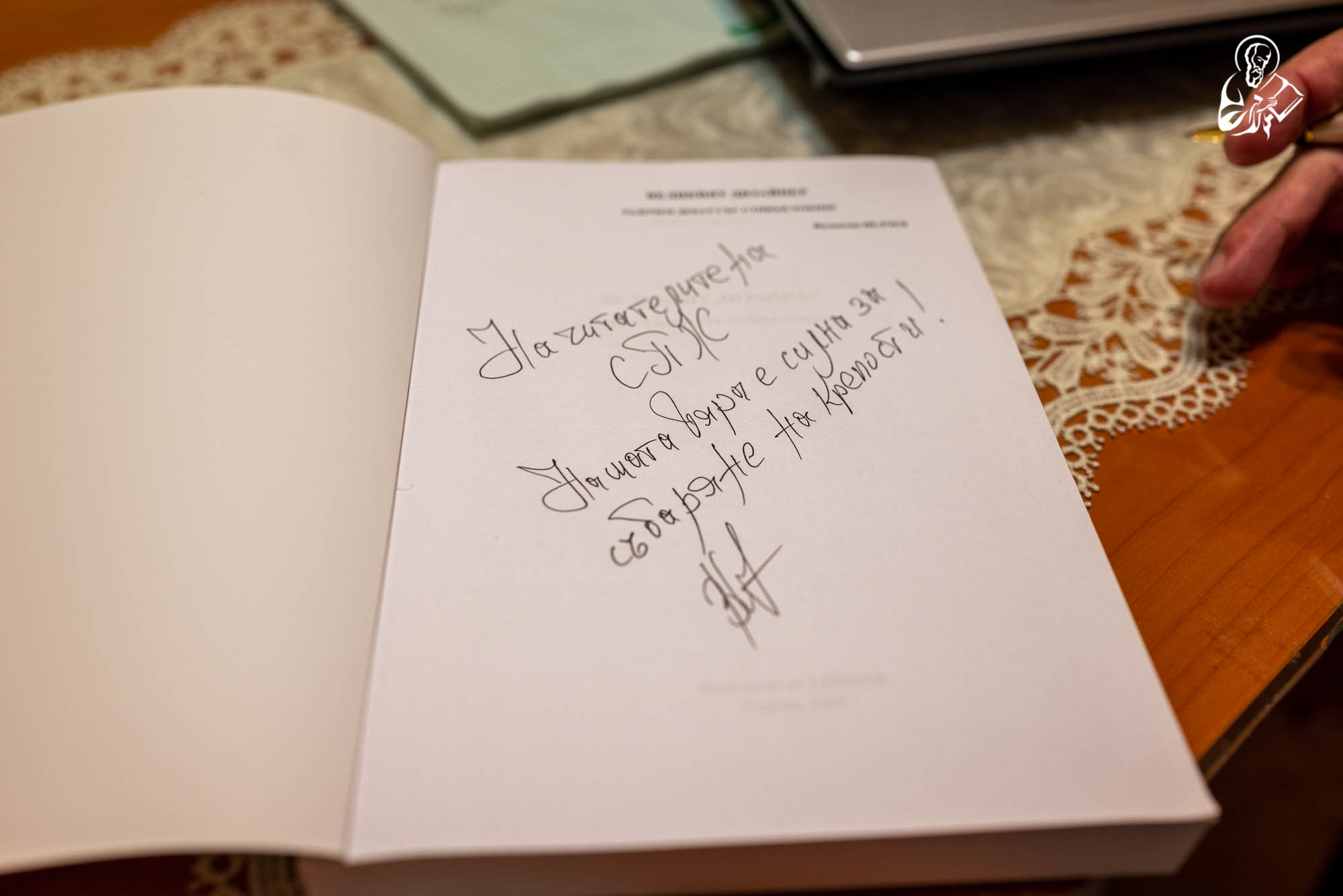
Photo: UOJ
The reviewers—professors and academicians trained in the traditions of Soviet-era dialectical materialism—explicitly stated that his position was scientifically sound. The review acknowledged that, for the first time, the primary counter-argument of materialism and naturalism—the multiverse hypothesis, which has so far stood in opposition to the “anthropic principle” (i.e., that the universe is uniquely suited for human life)—had been refuted. This is a significant breakthrough, especially since American-style creationism is widely dismissed as pseudoscience—had Velchev adhered to it, the article would have been rejected. It’s also important to note that, until now, the debate over God’s existence has been conducted mainly using philosophical arguments—cosmological, teleological, ontological, etc.—which, due to Gödel’s incompleteness theorem, fail to provide strict scientific verification. The only recommendation the reviewers gave was for Velchev to describe the complexity of a specific physical structure, which he later did by analyzing the structure of the Milky Way.
Velchev explains that his argument for God’s existence consists of two parts—mathematical and empirical. The mathematical framework is based on Georg Cantor’s set theory. Since the cardinality of the set of real numbers (corresponding to the fine-tuning of physical constants) is infinitely greater than that of the set of natural numbers (representing the number of possible universes), the probability of our universe arising by chance is practically zero. However, due to paradoxes in set theory and Kurt Gödel’s theorem on the semantic incompleteness of logic and mathematics, a strict proof cannot be derived from them alone. For instance, William Lane Craig proposed a cosmological argument based on the Islamic Kalam tradition, which sparked much debate, but because it was primarily philosophical with minimal use of mathematics, discussions quickly reached a dead end.
Therefore, any scientist who wishes to publicly refute Velchev’s argument must disprove both its mathematical and empirical components. The empirical part relates to the structure of living organisms, experiments in the Large Hadron Collider, and observations from the early eons of the universe. This includes data from molecular biology, particle physics, and recent discoveries from the James Webb Space Telescope, which has detected very large and mature galaxies appearing at the very dawn of time. These galaxies contain not only helium but also other chemical elements from the periodic table—something that cannot be explained by current natural laws and suggests the necessity of intelligent external intervention.
The article has been translated into Bulgarian, Russian, and English (see links at the end of the story). Unfortunately, Velchev was unable to conduct this debate with Stephen Hawking, as the famous physicist passed away on the very day Velchev finished his book. However, Hawking’s co-author Leonard Mlodinow is still alive and could participate. If the “argument” is confirmed, it could be the first “scientific proof for the existence of God.”
Velchev emphasizes that belief in a rational Creator is entirely logical. Some scientists even speculate that “our universe may have been created during a routine lab experiment by a physics student from an advanced civilization.” In other words, the Creator doesn’t have to be the Christian God. That is why Velchev is preparing a follow-up in which he will argue why the intelligent Creator must be identified with the God revealed in the Bible.
Despite all arguments and evidence, however, people may remain indifferent or even hostile to God, due to the presence of suffering and evil in nature and human society. Christianity, however, teaches that God is not our enemy—on the contrary, He bore great torment on the Cross for the redemption of humanity. Evil arises from our fallen nature, but God desires the repentance and salvation of every one of us.

Photo: UOJ
Velchev’s argument seeks to dismantle one of the strongest fortresses in modern thought—the belief that God is unnecessary, and that the universe can arise and organize itself purely through natural evolutionary processes. As the holy Apostle Paul wrote: “The weapons of our warfare are not of the flesh but have divine power to destroy strongholds. We demolish arguments and every lofty opinion raised against the knowledge of God.” (2 Corinthians 10:4)
Velchev’s argument is available in Russian, English, and Bulgarian.
